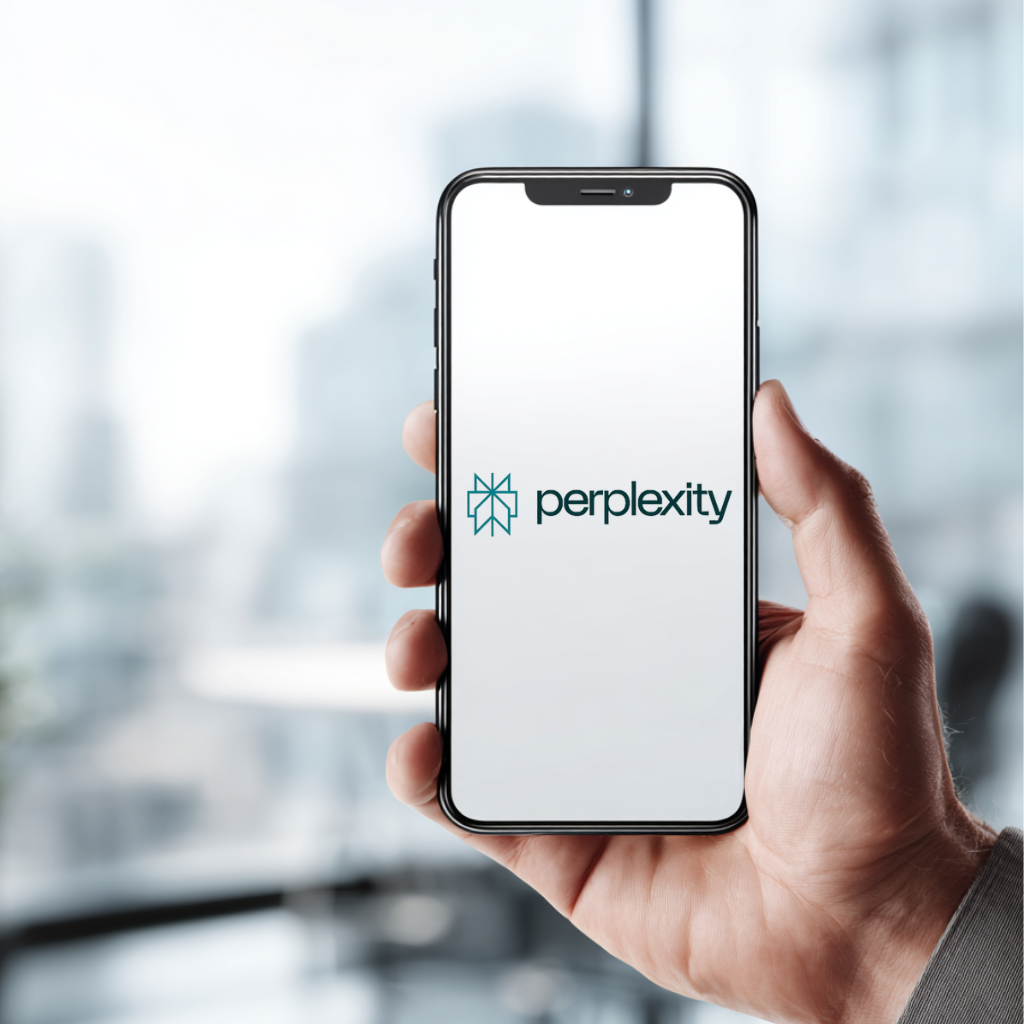A high-end offering that questions the business model for generative AI
In June 2025, Perplexity AI, a rising company in the field of conversational artificial intelligence, announced the launch of its premium offering dubbed “Perplexity Max”, priced at $200 per month. Positioned somewhere between a next-generation search engine and a cognitive assistant, Perplexity offers a search experience based on AI-generated answers that are sourced, contextualized and updated. This pricing strategy raises questions: what does this move upmarket mean for the automated information access economy? Who are the target audiences? And what ethical, technical and societal implications does it raise?
Perplexity: an answer engine combining generative AI and document retrieval
Founded in 2022, Perplexity AI stands out for its ability to generate direct answers to complex queries, while citing its sources, in the manner of an academic search engine1. Unlike ChatGPT or Claude, Perplexity anchors its promise in verifiability and transparency: each answer is accompanied by links to the reference documents.
Its growing popularity is part of a search for more reliable decision-making tools, particularly in scientific, legal and strategic circles.
What does the $200 “Max” subscription offer?
The “Perplexity Max” offer promises priority access to the highest-performance models on the market: GPT-4o (OpenAI)³, Claude 3.5 (Anthropic)², Mistral, and more. It also includes :
- reduced response times,
- the ability to handle long, complex queries,
- extensive customization of the interface and preferences,
- an enriched and persistent conversational history,
- advanced features for collaborative searches.
This formula is clearly aimed at technical profiles (data scientists, analysts, researchers), information-intensive companies and expert users demanding precision, reliability and time savings.
Compared with ChatGPT Plus ($20/month) or Claude Pro ($30/month), Perplexity’s offering is positioned as a high value-added service, with a very marked segmentation.
The emergence of a premium AI business model
Perplexity’s initiative is part of a profound transformation of the freemium model that has prevailed to date in generative AI. By targeting professional niches willing to invest in informational performance, the company is initiating a form of elitization of access to AI.
This strategy is reminiscent of that of BloombergGPT in finance or Harvey in law: specialized AI, expensive, but decisive in value creation.
This raises the question of the sustainability of such a model: can we generalize high-end AI without reinforcing inequalities in access to knowledge and informed decision-making?
Ethical and legal challenges of high-value AI
The move to paid, highly personalized AI raises several issues:
- Transparency: which models are used? With which parameters?
- Responsibility: in the event of an error or bias in an answer, who is responsible: the user, the model provider, Perplexity?
- Data protection: the exploitation of often sensitive requests raises the question of encryption, retention and secondary use.
Regulations in the making (such as the European AI Act)⁴ will have to adapt to these hybrid offerings, on the border between search engine, analytical tool and cognitive assistant.
What does the future hold for premium AI services?
The launch of Perplexity Max could herald a new type of AI service:
- free or low-cost AI for the general public,
- an intermediate AI for frequent users (via moderate subscription),
- premium AI for demanding professionals.
This divide is reminiscent of the evolution of cloud services, where the SaaS model is segmented by level of performance and support. However, the question of interoperability, data portability and ethical access remains open.
Towards multi-speed AI?
With its $200-a-month “Max” subscription, Perplexity is shaking up the codes of access to conversational AI. This bold positioning reveals a broader trend: the emergence of premium AI, reserved for expert users. This development calls into question the modalities of equitable access to AI-assisted knowledge. Will artificial intelligence become a universal good or a tool of digital elites?⁵
References
1. Perplexity AI. (2025). Introducing Perplexity Max. Retrieved June 2025
https://www.perplexity.ai/
2. Anthropic. (2025). Claude 3.5 Technical Report.
https://www.anthropic.com/
3. OpenAI. (2024). GPT-4o: Capabilities and Use Cases.
https://openai.com/research/gpt-4o
4. European Commission. (2024). Artificial Intelligence Act – Final Text.
https://eur-lex.europa.eu/
5. MIT Technology Review. (2025). “Why Perplexity’s new subscription could change how we value AI”.
https://www.technologyreview.com/

